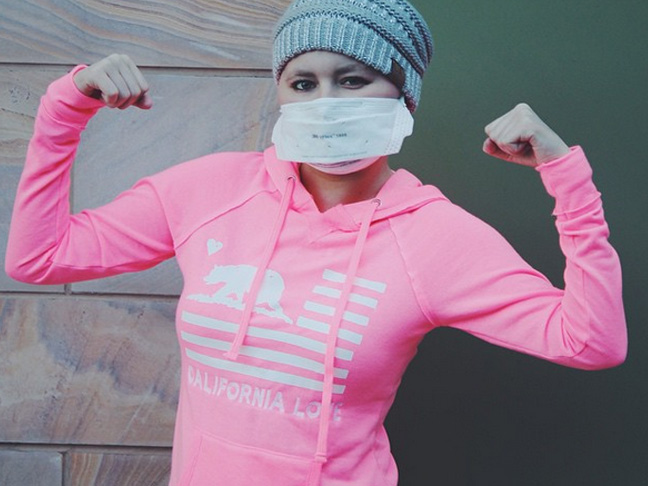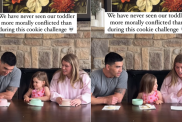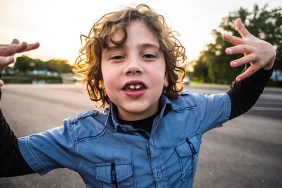When she was 12 years old, McKindree Patton of Arizona was diagnosed with a rare form of bone marrow failure, filling her early teen years with prolonged hospital stays, emergency scopes and scans, seizures, regular steroids injections (followed by regular swelling), a port in her chest, chronic discomfort, genuine pain, and a bone marrow transplant.
At 16, as her peers tried to make honor roll, tried to attract the attention of their crushes, tried out for sport teams, and tried, as most all teens do, to “fit in,” McKindree’s struggle for her life meant she never would — not entirely. And now, at the delicate age of 17, she’s sharing her story, including her (somewhat controversial) decision to freeze her eggs, prior to transplant and chemotherapy treatments, in hopes of preserving the possibility of someday becoming a mother. (The egg extraction and freezing cost $20,000, which was in part covered by an inspired Arizona non-profit organization called Angel Mamas.)
Now, McKindree’s story is newsworthy — it’s been covered by various outlets including People magazine — and the egg freezing details seem to be what interests the media most. But why?
I’d guess it’s because of two reasons, one obvious, one maybe less so. First, McKindree was cornered to think very seriously about motherhood and how to make it happen for her at the tender age of 16. For most of us, becoming a mother is an abstract distant, distant, distant thought at that age. Personally, my hierarchy of life concerns went something like this: finish class project to secure “A,” help softball team make it to states, and figure out if older brother’s friend noticed I cut bangs. Of course, McKindree didn’t have the luxury to be so carefree, so self-focused, so normal.
The second reason the media has focused on McKindree’s decision to freeze her eggs, I’d guess, is because it’s a tangible, concrete testament to her and her family’s hope for her future — maybe not so unlike my (formerly) profoundly jaded single pal who, while shopping with an engaged cousin at Kleinfeld’s, stumbled on her dream wedding dress and secretly purchased it. As she hung it up in the back, back, back of her already cramped single girl closet, she said she felt as if she had purchased insurance. “If I planned for it in a real way,” she later told me, her diamond ring glittering as she brought her latte to her lips, “it somehow seemed more likely to come true.”
It’s hope we, as a society, are hungry to hear about — not the tragic, lonely nights of a woman desperate to find her life partner, or the terrifying, debilitating medical treatments of an innocent teen. It’s hope that resonates, and not because it’s lovely and cheery and more comfortable to look at, but because, even in our seemingly cynical world, it’s actually more relatable. It’s more universal.
McKindree Patton’s story got me thinking of how most of us — in some way or another — make brave, often uncomfortable, often inconvenient sacrifices to build the futures we envision, particularly if it involves motherhood. For some, it does entail medical treatments, like egg harvesting or freezing or IVF or painful, potentially dangerous pregnancies. For others, it means seeking surrogacy or adoption or foster parenting. For others yet, the quest to becoming a mother entails tremendous financial burdens, or dramatic professional sacrifices, or relocating homes, or leaving a potentially enjoyable, but potentially unhealthy relationship to prioritize your (maybe-still-in-the-future) children.
And that’s why real life, contemporary stories like McKindree Patton’s really matter. They remind us to acknowledge the sacrifices we’ve made to become mothers, as well as the gifts the role has brought to our multi-faceted lives. They inspire us to continue “fighting the good fight” with our ever-finite resources. They call us, like McKindree, to prioritize what matters even when it’s scary, even when it’s uncomfortable. And they illustrate that if we, as mothers and women, can live and lead with this kind of focus and grace, we won’t be losing more of ourselves, but revealing more of our strengths.
Photo: McKindree Patton/Instagram








